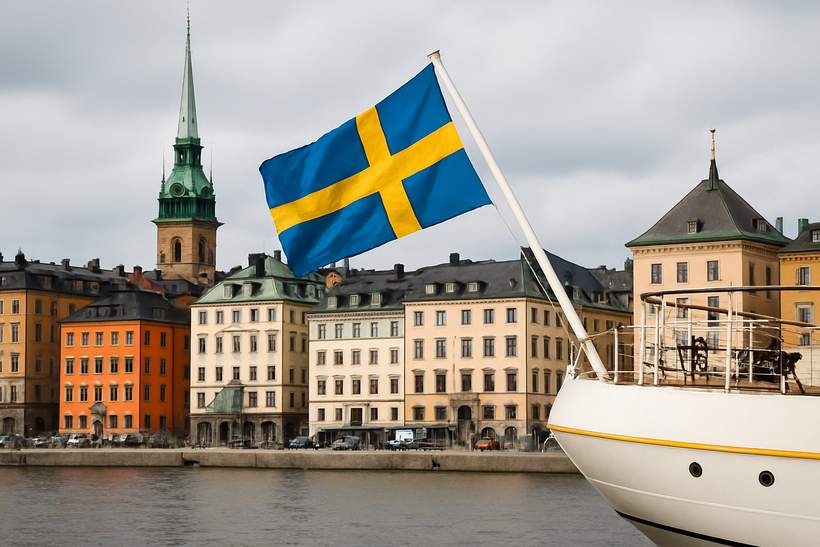Sweden’s Gambling Market Sees Gradual Growth Amid Regulatory Discussions

Modest Increase in Gambling Revenues in Sweden
Sweden’s regulated gambling sector witnessed a slight uptick in revenues during the second quarter, reaching SEK 7.02 billion (approximately $750 million). Data released by the Swedish Gambling Authority, Spelinspektionen, indicates a 1.9% growth compared to the same quarter last year and a 5.9% rise over the previous quarter. Despite these positive figures, some industry participants express concerns about emerging challenges.
Consistent Growth Across Key Gambling Segments
The bulk of revenue continues to come from commercial online gambling, which encompasses both casino games and sports betting. This segment generated SEK 4.63 billion ($494 million), marking a 1.4% year-over-year increase. The growth was partly fueled by heightened betting activity during the initial matches of the Euro 2024 soccer championship, creating a strong comparability benchmark that operators slightly surpassed this year.
Lotteries and state-operated slot machines experienced the most notable expansion, with revenues climbing 10.2% to SEK 1.42 billion ($152 million). This surge in demand provided a crucial offset to declines seen in other areas, highlighting shifting patterns within the market.
On the other hand, public benefit lotteries saw a revenue drop of 5.3% year-over-year, bringing in SEK 846 million ($90 million). Meanwhile, bingo revenues remained steady at SEK 49 million ($5.2 million), and land-based commercial gaming, including on-site slot machines in venues like restaurants, generated SEK 63 million ($6.7 million). Though smaller, this last category suggests a niche market that still holds appeal.
Transition and Challenges in Sweden’s Gambling Market
The period also marked the winding down of Casino Cosmopol, Sweden’s final state-owned casino located in Stockholm, which ceased operations in April 2025. Its closing months contributed around SEK 8 million ($854,000) to the total gambling revenue. Regulatory discussions and market structuring remain central themes within the industry as the channelization rate stood at 85% in 2024, slightly lower than 86% in 2023 but significantly improved compared to levels before 2019.
Camilla Rosenberg, the director general of Spelinspektionen who played a key role in shifting Sweden to a licensed gambling framework, announced her departure effective October 31. She will assume leadership of the Swedish Real Estate Agents’ Inspectorate beginning November 1. Her exit marks the end of a significant era that started in 2017 when she guided the authority through substantial reforms.
This leadership change coincides with renewed pressure from the online gambling trade association, Branschföreningen för Onlinespel (BOS). The group recently urged the government to initiate a comprehensive review of gambling regulations and advocated for easing restrictions such as the stringent ban on bonuses. BOS argues that current policies risk driving some players to illegal platforms, thereby undermining the regulated market.